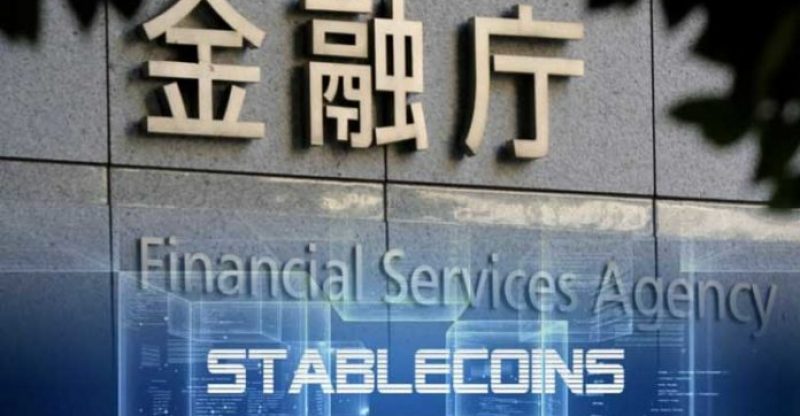Japanese Regulator Details How Stablecoins Are Treated Under Japanese Law
The top financial regulator in Japan, the Financial Services Agency has recently detailed how stablecoins are treated under current Japanese law. In addition to noting that they are not virtual currencies, the regulator stressed that the registration requirements for their issuers and dealers.
As an attempt to regulate the country’s crypto industry, Japan’s amended Fund Settlement Law and the amended Payment Services Act was implemented back in April last year. They define “virtual currencies,” as a means of payment and relieves them from consumption tax. The latter demands cryptocurrency exchange providers to register with the Financial Services Agency (FSA).
Due to the global rise in popularity of fiat-pegged cryptocurrencies, commonly known as stablecoins, a news outlet asked the FSA how these coins are treated under Japanese law. The regulator responded by noting “In principle, stable coins pegged by legal currencies do not fall into the category of ‘virtual currencies’ based on the Payment Services Act.”
Earlier this month (October 9th), Japanese internet giant GMO announced that it “will start full-scale preparations to issue stable coins of virtual currency.”
GMO Internet’s subsidiary, GMO Coin, operates one of Japan’s 16 registered crypto exchanges. The country also has three other crypto exchanges that the FSA has allowed to operate while their applications are being reviewed. Additionally, the FSA went on to explain to the publication that “Due to its stablecoin’s characteristics, it is not necessarily appropriate to suggest what those companies need to obtain or register before issuing stable coins.”
However, the regulator detailed “Generally speaking, companies need to register as the ‘Issuer of Prepaid Payment Instruments’ or the ‘Funds Transfer Service Providers’ based on Payment Services Act, when virtual currency broker dealer’s trade stable coins.”
There are two types of prepaid payment instruments: those for one’s own business and those for third-party businesses, according to the FSA. Each has its own reporting and registration requirements. As for fund transfer service providers, the Bank of Japan explained, “under the Payment Services Act, those registered as fund transfer service providers may perform fund transfer transactions of up to one million yen ($9,000)” without a banking license. “In other words, fund transactions of over one million yen are still handled exclusively by banks.”
Finally, the FSA stated “when a person/an entity engages in exchange transactions of one million yen equivalent or less in the course of trade, registration as a funds transfer service provider is required. For exchange transactions exceeding one million yen, a license for banking business pursuant to the ‘Banking Act’ is required.”





